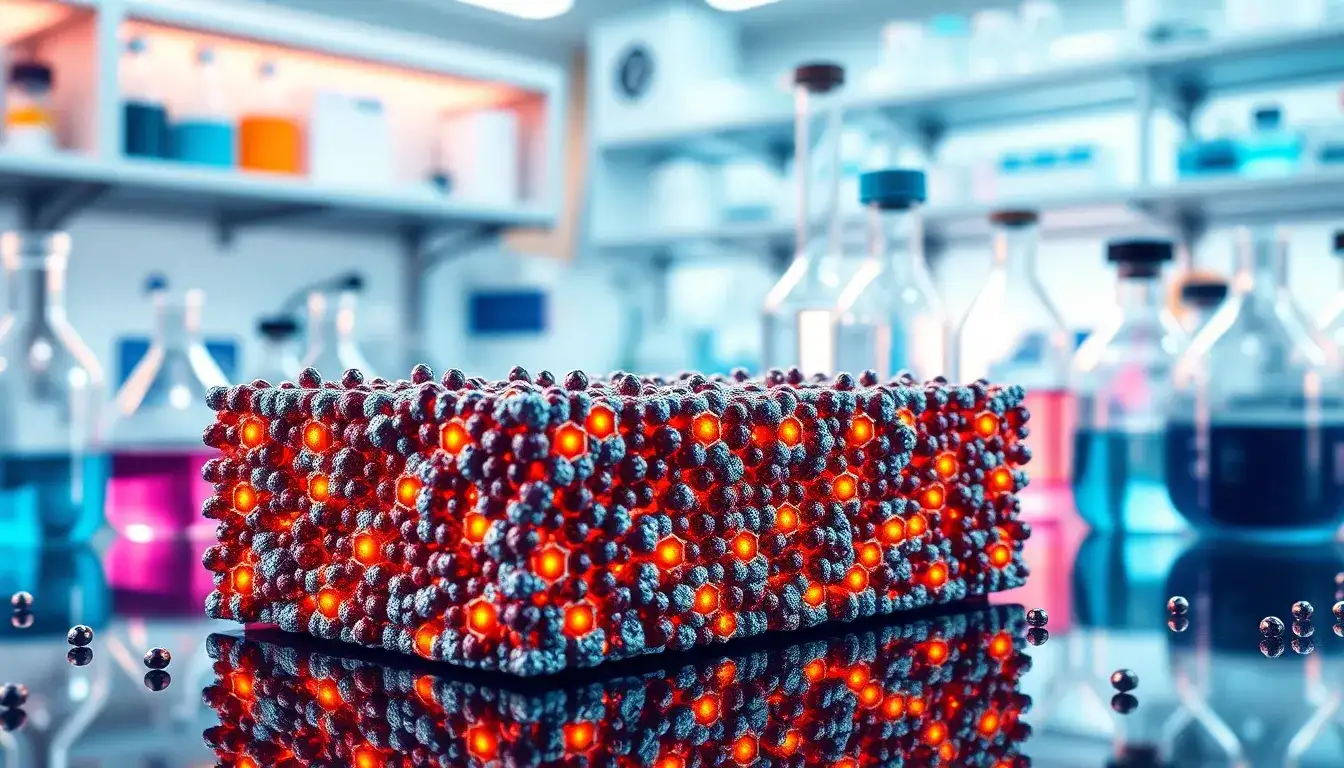
For decades, scientists have been exploring alternatives to lithium-ion batteries, which power many of today’s essential consumer electronics, including laptops, smartphones, and electric vehicles. The primary challenges associated with lithium batteries are their high cost and the reliance on fragile geopolitical supply chains for raw lithium. Recently, the Dincă Group has introduced a promising alternative that utilizes an organic, high-energy cathode material for sodium-ion batteries, increasing the potential for this technology to be commercialized with safer, more affordable, and sustainable components.
While advancements have been made with sodium-ion batteries, they have typically struggled with low energy density, resulting in shorter run times relative to their size. Additionally, achieving both high energy density and high power density has been a significant challenge for alternative battery technologies. However, the Dincă Group has developed a new cathode material known as bis-tetraaminobenzoquinone (TAQ), a layered organic solid that significantly outperforms traditional lithium-ion cathodes in both energy and power densities. This scalable technology shows promise for large-scale energy storage applications, such as data centers, power grids, and renewable energy systems, as well as in electric vehicles.
Mircea Dincă, the Alexander Stewart 1886 Professor of Chemistry, emphasized the importance of diversifying battery materials. “Everyone understands the challenges that come with having limited resources for something as important as batteries, and lithium certainly qualifies as ‘limited’ in a number of ways. Sodium is literally everywhere. For us, pursuing batteries made from abundant resources such as organic matter and seawater is one of our most significant research goals.”
Dincă noted that energy density is a critical factor since it directly correlates to the battery’s performance—higher energy density means longer distances for electric vehicles before needing a recharge. The new material developed by the team boasts the largest energy density on a per-kilogram basis and competes well volumetrically with the best available materials.
The research, funded by Automobili Lamborghini S.p.A., is documented in the article titled “High-Energy, High-Power Sodium-Ion Batteries from a Layered Organic Cathode,” published in the Journal of the American Chemical Society (JACS).
The advantages of TAQ were initially reported a year ago when it was shown to be effective in lithium-ion batteries. Researchers continued to explore its potential, finding that TAQ is both insoluble and highly conductive—two critical attributes for an organic cathode material. They dedicated a year to developing a sodium-ion battery using TAQ, adapting several design principles to suit this new technology.
The outcomes of their work exceeded their expectations, with the performance of their cathode approaching the theoretical maximum capacity. “The binder we chose, carbon nanotubes, facilitates the mixing of TAQ crystallites and carbon black particles, leading to a homogeneous electrode,” explained Tianyang Chen, a Ph.D. candidate in the Dincă Group and first author of the paper. “The carbon nanotubes closely wrap around TAQ crystallites and interconnect them. This combination promotes efficient electron transport within the electrode, achieving nearly 100% active material utilization, which results in nearly theoretical maximum capacity.”
Chen also highlighted that the use of carbon nanotubes enhances the battery’s rate performance, allowing it to store the same amount of energy in a much shorter charging time or to store significantly more energy within the same timeframe. Furthermore, TAQ demonstrates stability against air and moisture, a long lifespan, resistance to high temperatures, and overall environmental sustainability.
Original article by NenPower, If reposted, please credit the source: https://nenpower.com/blog/chemists-develop-high-performance-sodium-ion-cathode-to-revolutionize-battery-technology/


